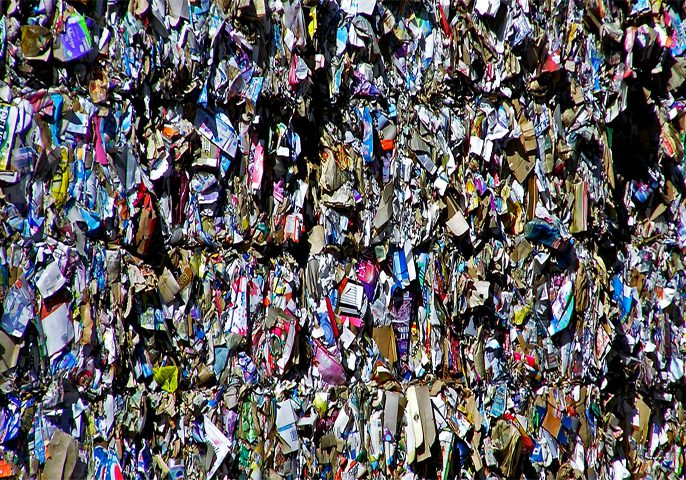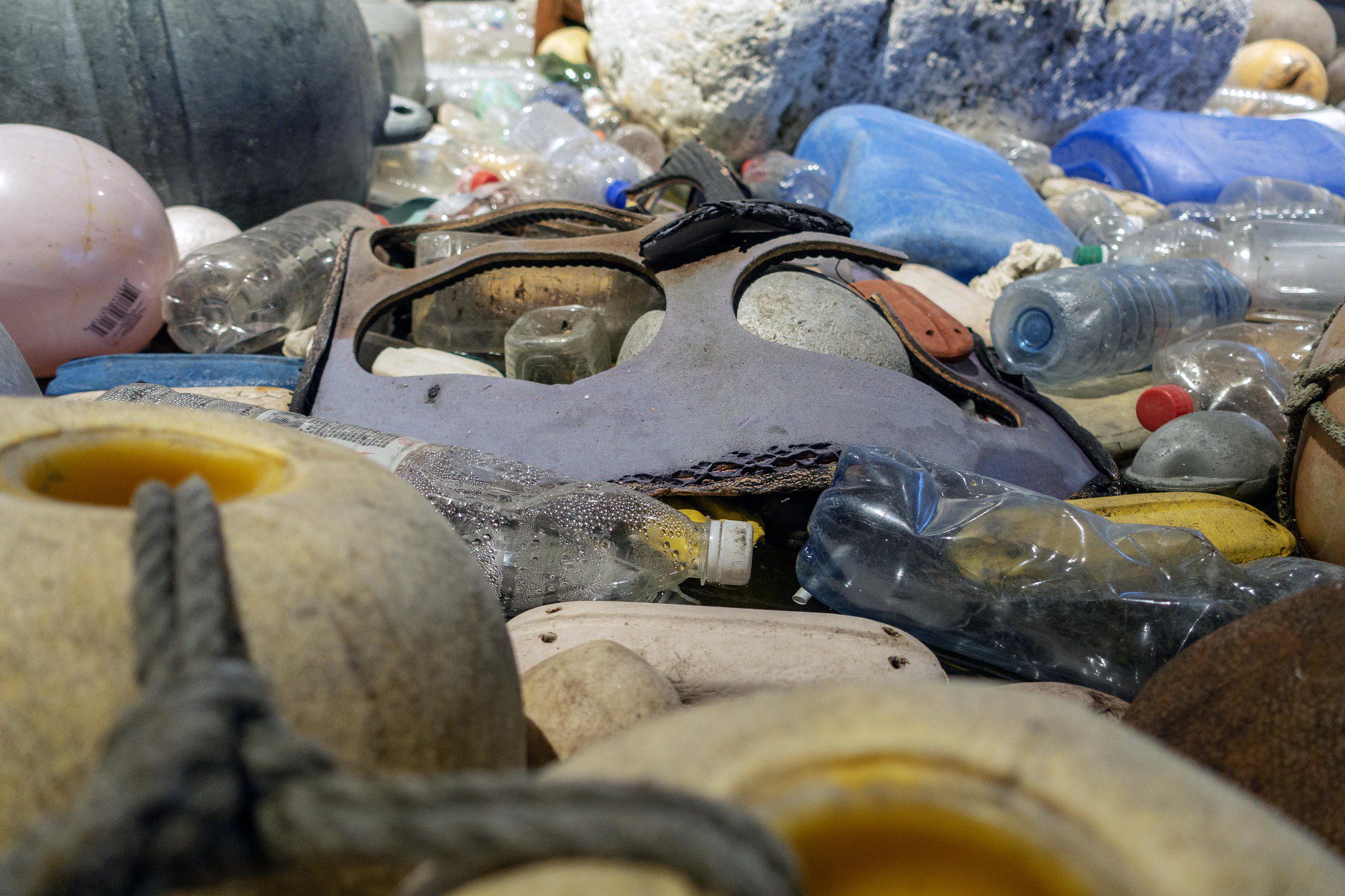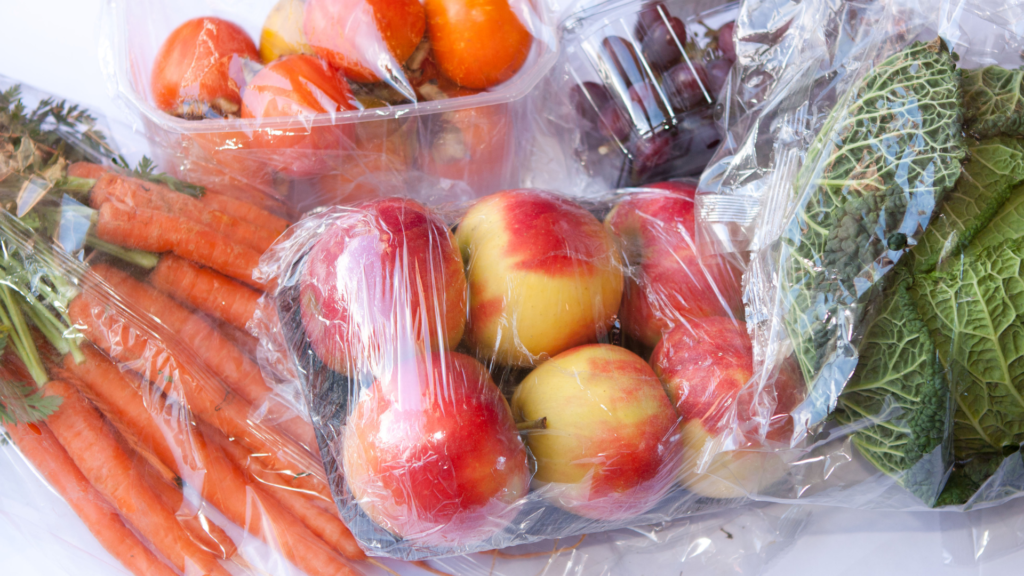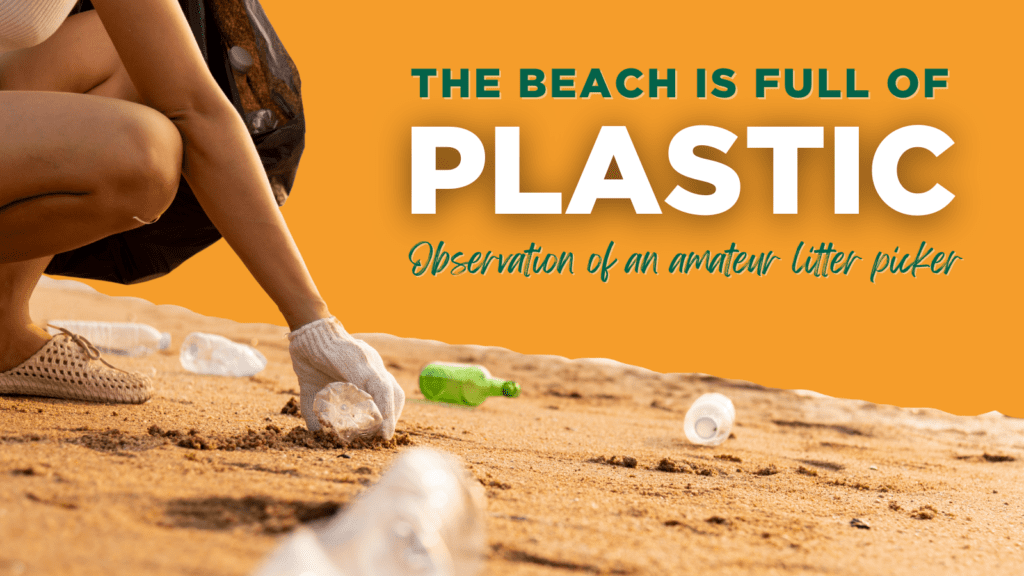Just as we suspected, the chemical industry has been lobbying to block federal action on plastics. Recently, the Chemistry Industry Association of Canada (CIAC) President Bob Masterson gave a presentation to the federal finance committee. During it, he attempted to position plastics as unsung heroes in the fight against COVID-19.
He then went on to urge the committee not to regulate plastics under the Canadian Environmental Protection Act (CEPA), arguing that labelling plastics as toxic would be bad for business.
CEPA is the legislative tool that the federal government has available to regulate plastic production, use, and disposal. This is how the federal government can ban problematic plastics and push the provinces to make producers financially and operationally responsible for their plastic trash.
Plastics are deserving of the title “toxic”


First of all, for a substance to be regulated under CEPA, it needs to be added to the Act’s Toxic Substance List. But what are the requirements to be listed? If a substance is in the environment in a quantity that has immediate or long-term harmful effects on the environment, it belongs on the Toxic Substance List. That means plastics are worthy of toxic status.
In January, the federal government released its draft assessment of plastic pollution. It concluded that plastics, especially packaging and single-use plastics, cause considerable physical harm to plants and animals. I for one am not surprised. Whales are dying with bellies full of plastic bags. Seals are found with lesions around their necks and flippers caused by plastic wrapped around their bodies. Birds are feeding plastic to their babies. Plastic isn’t benign. It needs to be on that list. And most importantly the federal government needs to regulate its production, use and disposal.
Canada can’t recycle its way out of its plastics problem


But what if adding plastics to CEPA’s Toxic Substance List is bad for the plastics/petrochemical industry? That’s kind of the point. We need to manufacture and use less plastic. Especially non-essential plastics like single-use products and packaging. We cannot recycle our way out of this. Will that have a negative impact on Canada’s ability to produce PPE and bounce back from COVID-19? Absolutely not!
Finally, the truth is our recycling systems are not built to handle the volume or complexity of plastic materials on the market. And despite industry’s best efforts to promote so-called advanced or chemical recycling, these technologies are immature, energy-intensive and uneconomical. What we really need is a comprehensive policy solution from the federal government. One that eliminates unnecessary plastic-use, shifts society away from single-use disposables and towards reusable alternatives, and fundamentally changes the relationship we have with so-called “waste”. We need a circular economy.
If you agree that Canada needs to follow-through on its commitment to eliminate plastic waste, take action. Tell Minister Wilkinson that action on plastic pollution can’t wait.








